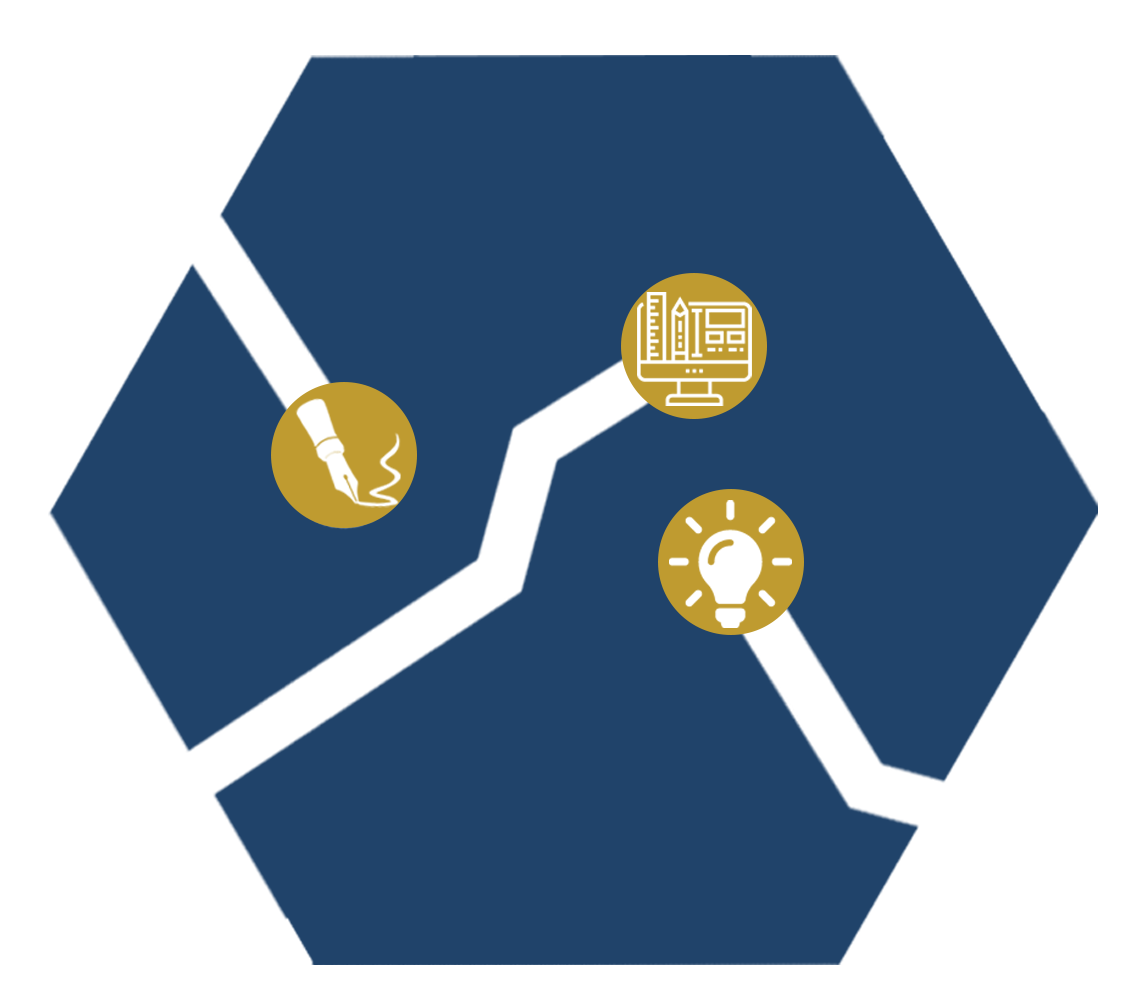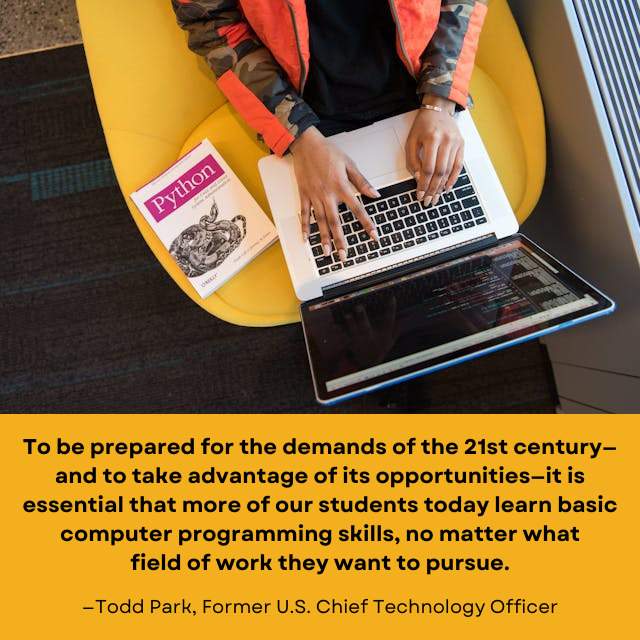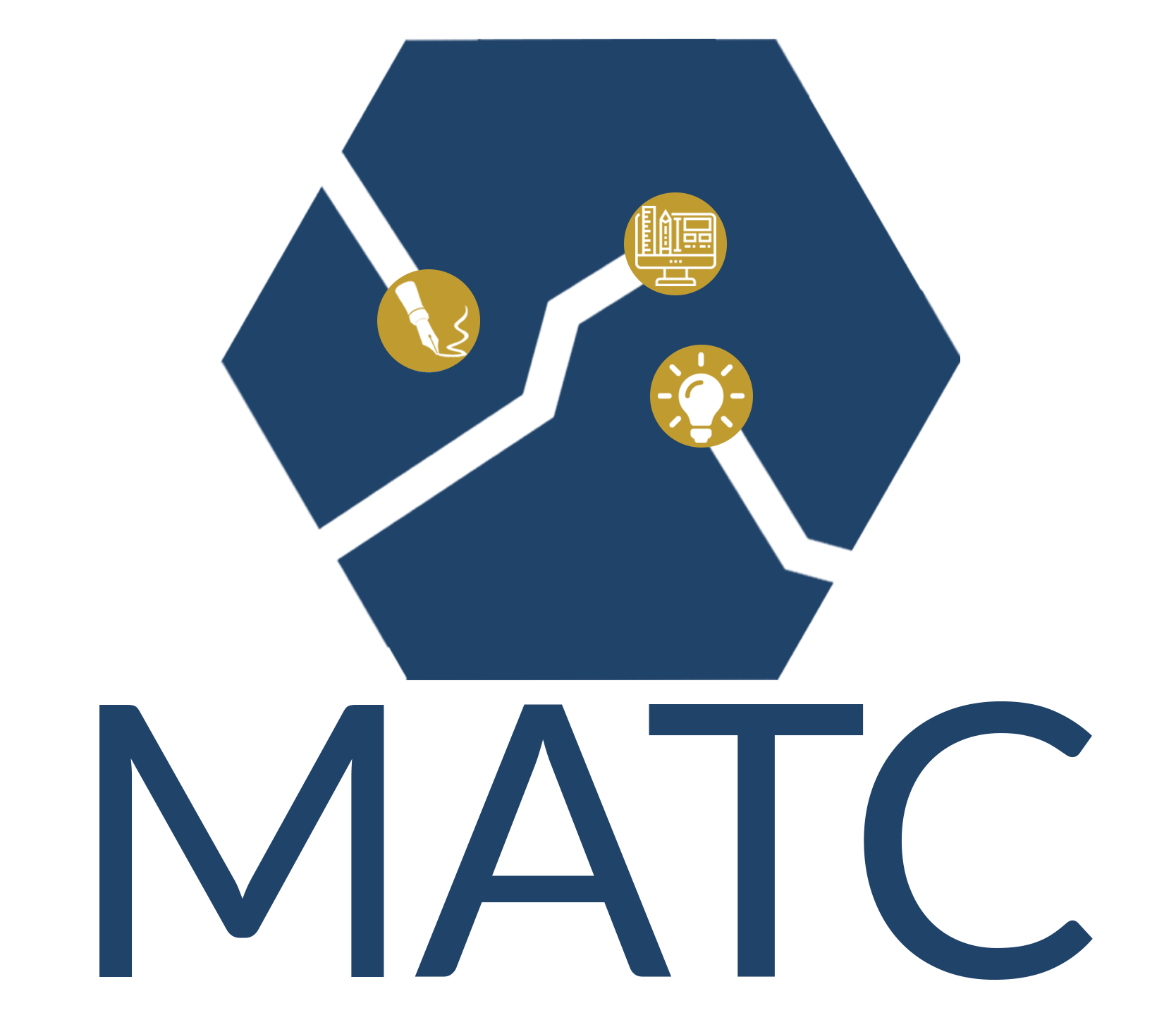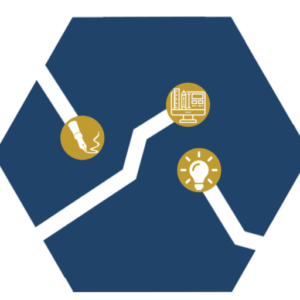Today’s technology is rapidly evolving. Effective and efficient technical documentation is critical to a successful user experience, and the role of a technical writer (TW) has expanded beyond traditional writing skills. As technology becomes increasingly integrated into our daily lives, TWs must adapt to the changing landscape by acquiring new skills. One skill that is becoming increasingly essential is coding. Why should TWs learn to code, and how can it benefit their careers and the quality of their documentation?
Benefits of Learning to Code
Expanding your technical knowledge is increasingly important in our modern digital world. Learning to code offers a variety of benefits to TWs, including:
Understanding the Technology
TWs don’t work in a vacuum. They often work closely with software developers, engineers, and other technical professionals to create documentation for complex systems and products. Learning programming code allows TWs to gain a deeper understanding of the technology they are documenting, helping them better communicate with developers, and leading to more relevant questions and improved comprehension of a product’s intricacies. In turn, TWs can produce more accurate and comprehensive documentation, meeting the needs of both the users and the developers. By combining your TW expertise with coding knowledge, you can create more comprehensive yet user-friendly documents, improving the user experience.
Advanced Problem-Solving and Critical Thinking Skills
Coding involves problem-solving and critical thinking, skills that are also essential to effective technical writing. When you understand basic programming languages, you can more easily approach a problem analytically, developing logical solutions. Such skills help identify potential issues in your writing, helping you find innovative solutions and greatly improving your writing process.
Better Attention to Detail
As you know, coding requires incredible diligence and precision. The same is true for technical writing, where accuracy is key. Learning programming can help develop your eye for detail. As you become familiar with syntax and proper formatting, you’ll carry these skills into your writing.
Understanding programming languages can also help you create a more interactive and engaging document. Interactive examples and demos provide users with an immersive learning experience they will more likely retain than if they simply read instructions. This will improve the usability and effectiveness of the documentation.
Improved Collaboration
Did you know that collaborations between TWs and developers have led to the development of new tools and technologies? Thanks to these partnerships, we have document generators and automated systems that streamline the process of creating and maintaining technical documentation. Such technology has significantly improved the efficiency and accuracy of technical writing, saving time and effort for both TWs and developers.
Effective collaboration between TWs and developers is also essential for creating high-quality documentation. When TWs understand the basics of coding, they can collaborate more efficiently with developers throughout the documentation process. They can review code repositories, understand version control systems, and even contribute to code comments or documentation within the codebase itself. This level of collaboration fosters a stronger partnership between TWs and developers, leading to better documentation outcomes. TWs who code help facilitate collaborations between technical and non-technical teams. Speaking the same language as developers helps them better understand project requirements, provide valuable feedback, and contribute more to the overall success of the project.
Automation and Tooling
Coding skills enable TWs to automate repetitive tasks and streamline their documentation workflows. Whether it’s generating documentation from code comments, creating templates for consistent documentation formatting, or using scripting languages to manipulate large sets of data, coding empowers TWs to work more efficiently. By leveraging automation and tooling, TWs can focus their efforts on higher-value tasks such as content creation and improving the overall user experience. The ability to test documentation ensures your instructions work. When you can code, you can test them yourself, identifying potential challenges the user may face. You can then address them in the documentation — all without needing to enlist a programmer for help.
Career Advancement
In today’s competitive job market, TWs who possess coding skills have a distinct advantage over others. Employers are increasingly seeking candidates who can not only write well but also understand the technical aspects of the products they are documenting. By learning to code, TWs expand their skill set and become more versatile professionals. They become better equipped to adapt to new technologies and tackle challenging documentation projects, making them more valuable assets to their organizations.
TWs who can connect writing and coding are in high demand, often making higher salaries than TWs who do not understand programming languages. TWs with programming skills are sought by companies developing complex software and hardware that require comprehensive and clear documentation for users. They also find more freelance opportunities, particularly on projects that require a unique skill set.
Getting Started
Thanks to today’s technology, it’s easier than ever to learn how to code. Here are some tips:
- Find online courses and tutorials. You can find free and paid courses specifically tailored to TWS who want to learn programming. These cover the fundamentals, provide hands-on exercises, and offer examples for practice.
- Sign up for coding bootcamps and workshops. These intensive programs are designed to teach quickly and efficiently. They tend to provide real-world projects and offer guidance through the learning process.
- Practice coding. Try practicing coding on small projects or contributing to open-source projects. Doing so will help you gain experience while proving your skills to potential employers and clients.
- Stay current. Keeping up with the latest coding trends and developments in the TW field is important. Read programming-related newsletters and blogs, participate in coding forums and other communities to stay connected with others in your industry.
Final Thoughts
Learning to code is no longer just a nice-to-have skill — it’s a necessity for staying relevant and competitive in the field. By bridging the gap between words and technology, TWs can create documentation that not only informs and educates but also enhances the user experience. We expect the demand for TWs with coding skills will continue to grow as more industries embrace technology and rely on software solutions, as employers will need workers who can effectively communicate complex technical information to technical and non-technical users alike. Coding skills give TWs a competitive advantage in the job market, opening a wide range of opportunities and allowing for career growth. Swapnil Ogale, a TW for Amazon Web Services Australia says, “Quite a few tech writers who have made this journey would agree that it is indeed a leap worth taking.”
Related Blogs
Technical Writing: Principles and Characteristics
Using Simplified Technical English (STE) to Create Clear, Consistent Documentation
Write Now: Stay Ahead With the Latest Technical Writing Trends
Resources
Augusto, Rachele. “Should Technical Writers Learn to Code?” Doakio. 11/7/23. Accessed 4/4/24. https://doakio.com/blog/should-technical-writers-learn-to-code/
Barnato, Victoria. “All Technical Writers Should Learn to Code.” LinkedIn. 3/7/19. Accessed 4/5/24. https://www.linkedin.com/pulse/all-technical-writers-should-learn-code-victoria-barnato/
Johnson, Tom. “How Can a Technical Writer Develop a Love of Programming Code?” I’d Rather Be Writing. 4/18/13. Accessed 4/5/24. https://idratherbewriting.com/2013/04/18/how-can-a-technical-writer-develop-a-love-a-programming-code/
Ogale, Swapnil. “Putting the ‘tech’ in technical writer.” Write The Docs. April 2021. Accessed 4/4/24. https://www.writethedocs.org/videos/portland/2021/putting-the-tech-in-technical-writer-swapnil-ogale/
“Technical Writing Quotes.” GoodReads. Accessed 4/5/24. https://www.goodreads.com/quotes/tag/technical-writing
Watkins, Christopher. “20 Quotes That Will Inspire You To Learn To Code in 2021.” Udacity. 1/11/18. Accessed 4/9/24. https://www.udacity.com/blog/2018/01/20-quotes-that-will-inspire-you-to-learn-to-code-in-2018.html
